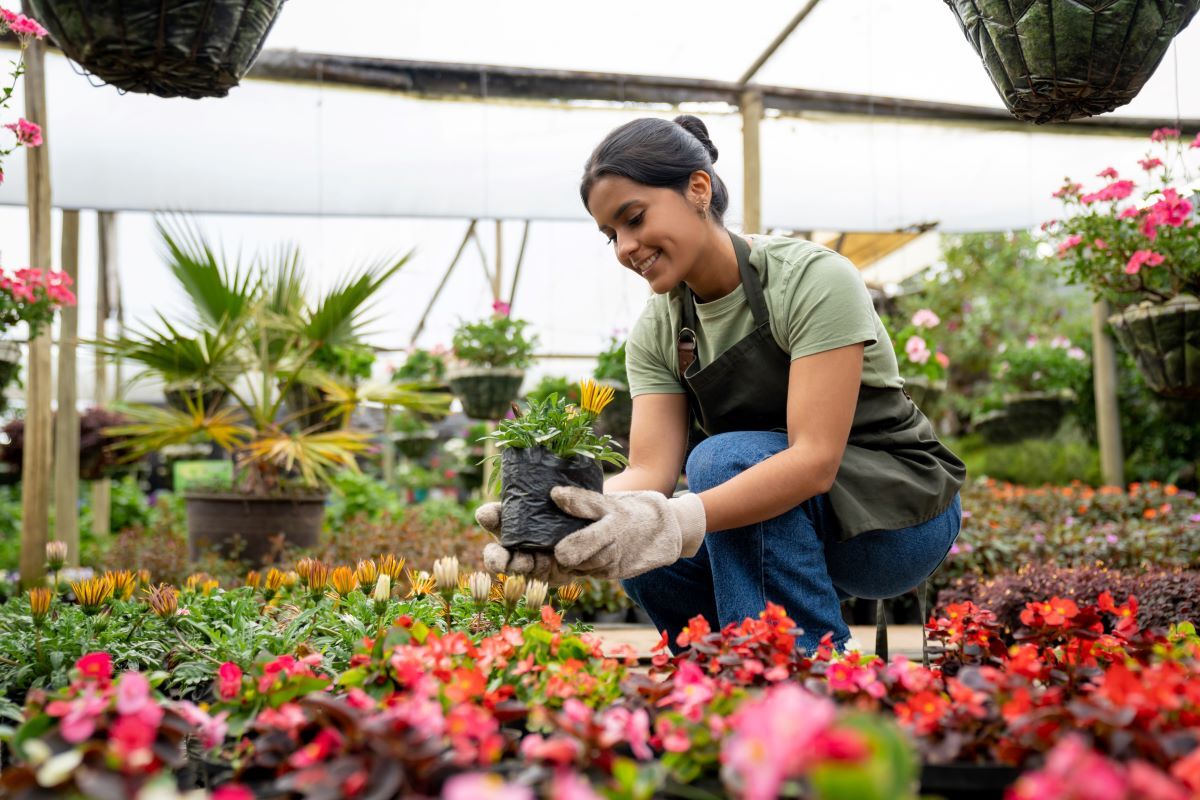
Gardener snakes, also known as garter snakes, are fascinating creatures that often slither through our gardens and yards. Ever wondered what makes these reptiles so unique? Garter snakes are non-venomous, making them safe around humans and pets. They come in various colors and patterns, adding a splash of nature's artistry to your backyard. These snakes are excellent pest controllers, feasting on insects, rodents, and even small amphibians. Did you know they can also swim? Yes, garter snakes are quite the versatile hunters. Intrigued yet? Let's dive into 28 amazing facts about these incredible reptiles that might just change how you see them!
The Basics of Gardening
Gardening is a rewarding hobby that connects people with nature. It involves growing and cultivating plants, flowers, and vegetables. Here are some interesting facts about gardening that might surprise you.
- Gardening is ancient: The practice dates back over 10,000 years to the early days of agriculture.
- Therapeutic benefits: Spending time in a garden can reduce stress and improve mental health.
- Burns calories: An hour of gardening can burn up to 330 calories.
- Improves air quality: Plants absorb carbon dioxide and release oxygen, making the air cleaner.
Types of Gardens
Gardens come in various forms, each with unique characteristics and benefits. Let's explore some different types of gardens.
- Vegetable gardens: These gardens focus on growing edible plants like tomatoes, carrots, and lettuce.
- Flower gardens: Designed for aesthetic appeal, these gardens feature a variety of colorful flowers.
- Herb gardens: These gardens grow herbs like basil, mint, and rosemary, often used in cooking.
- Water gardens: Incorporate water features like ponds and fountains, often home to aquatic plants.
Gardening Techniques
Different techniques can enhance the gardening experience and improve plant health. Here are some methods gardeners use.
- Companion planting: Growing certain plants together can improve growth and deter pests.
- Mulching: Adding a layer of material on the soil surface helps retain moisture and suppress weeds.
- Pruning: Regularly trimming plants encourages healthy growth and removes dead or diseased parts.
- Crop rotation: Changing the types of plants grown in a specific area each season prevents soil depletion.
Tools of the Trade
Gardening requires specific tools to make the job easier and more efficient. Here are some essential gardening tools.
- Trowel: A small hand tool used for digging and planting.
- Pruners: Scissors-like tools for trimming plants and cutting branches.
- Garden fork: Used for loosening soil and removing weeds.
- Watering can: A container with a spout for watering plants.
Interesting Plant Facts
Plants are fascinating organisms with unique characteristics. Here are some intriguing facts about plants.
- Sunflowers track the sun: Sunflowers turn their heads to follow the sun's movement across the sky.
- Bamboo grows fast: Some bamboo species can grow up to 35 inches in a single day.
- Plants communicate: Through root systems and chemical signals, plants can communicate with each other.
- Venus flytrap: This carnivorous plant captures and digests insects for nutrients.
Environmental Impact
Gardening has a significant impact on the environment, both positive and negative. Here are some ways gardening affects the planet.
- Promotes biodiversity: Gardens provide habitats for various insects, birds, and other wildlife.
- Reduces carbon footprint: Growing your own food reduces the need for transportation and packaging.
- Soil health: Proper gardening practices can improve soil structure and fertility.
- Water usage: Overwatering can lead to water waste and soil erosion.
Fun Gardening Facts
Gardening can be full of surprises and fun trivia. Here are some light-hearted facts to enjoy.
- Largest vegetable: The heaviest pumpkin ever grown weighed over 2,600 pounds.
- Oldest tree: The Methuselah tree, a bristlecone pine, is over 4,800 years old.
- Smallest flowering plant: Wolffia, also known as watermeal, is the tiniest flowering plant on Earth.
- Gardening in space: Astronauts have successfully grown plants on the International Space Station.
The Final Bloom
Gardening isn't just about planting seeds; it's about nurturing life, connecting with nature, and finding peace in the process. From the surprising fact that plants can communicate through their roots to the health benefits of getting your hands dirty, gardening offers endless wonders. Whether you're a seasoned gardener or just starting out, there's always something new to learn and appreciate.
Remember, even the smallest garden can make a big impact. Urban gardening is on the rise, showing that you don't need a big backyard to grow your own food or create a green space. So grab your tools, get outside, and start planting. You'll not only beautify your surroundings but also enrich your life in ways you never imagined. Happy gardening!
Was this page helpful?
Our commitment to delivering trustworthy and engaging content is at the heart of what we do. Each fact on our site is contributed by real users like you, bringing a wealth of diverse insights and information. To ensure the highest standards of accuracy and reliability, our dedicated editors meticulously review each submission. This process guarantees that the facts we share are not only fascinating but also credible. Trust in our commitment to quality and authenticity as you explore and learn with us.


